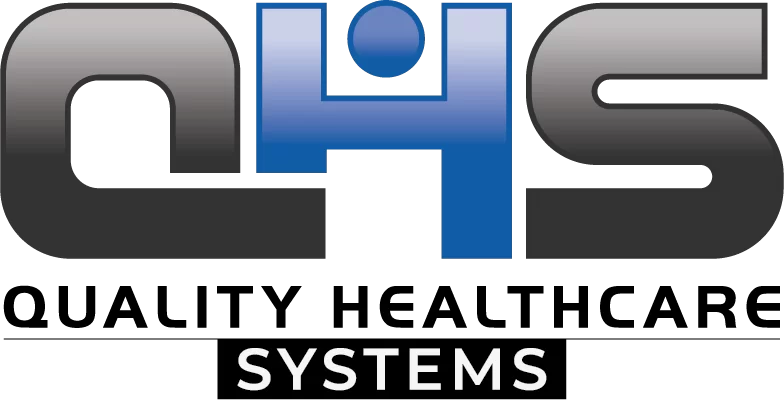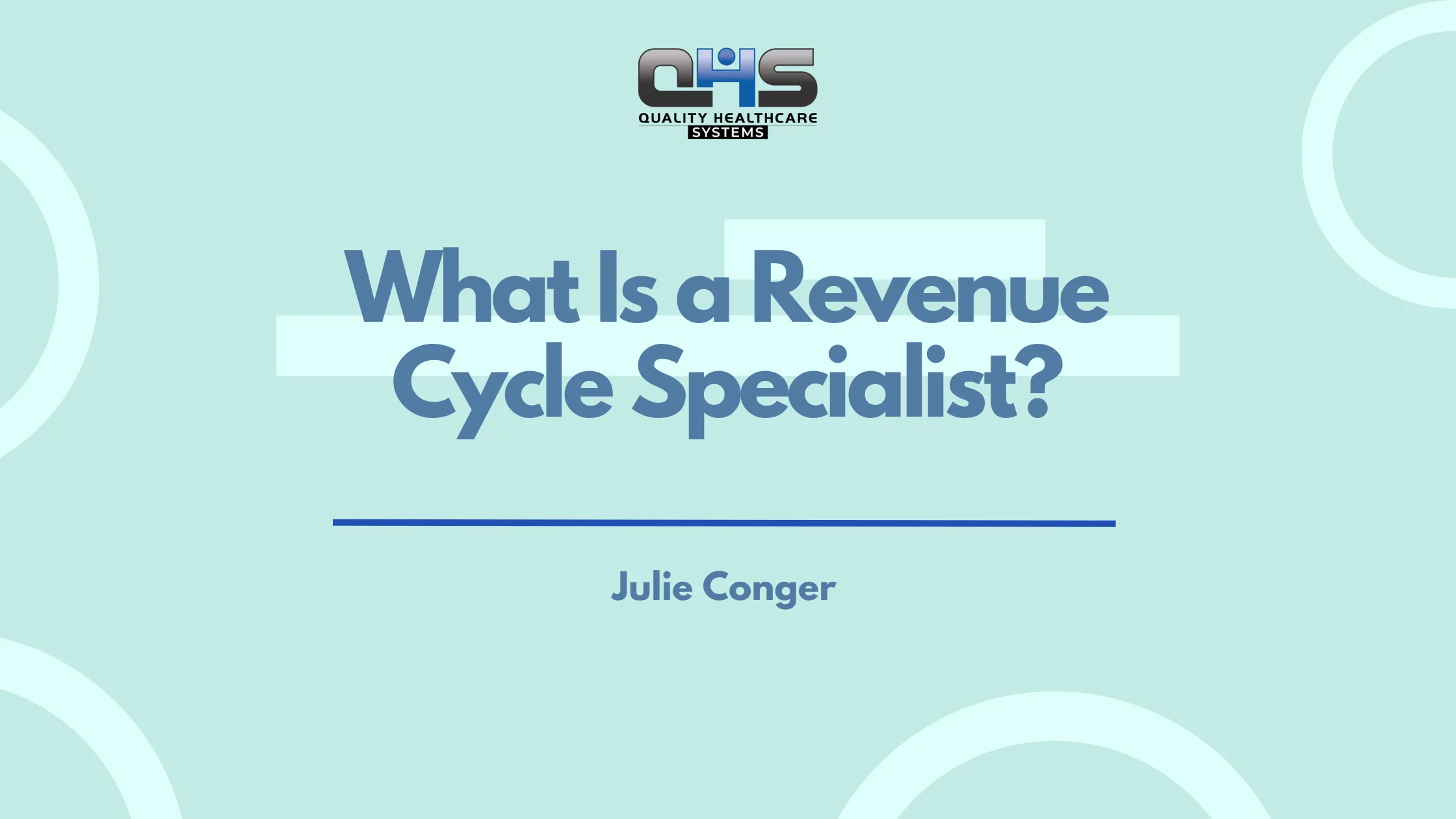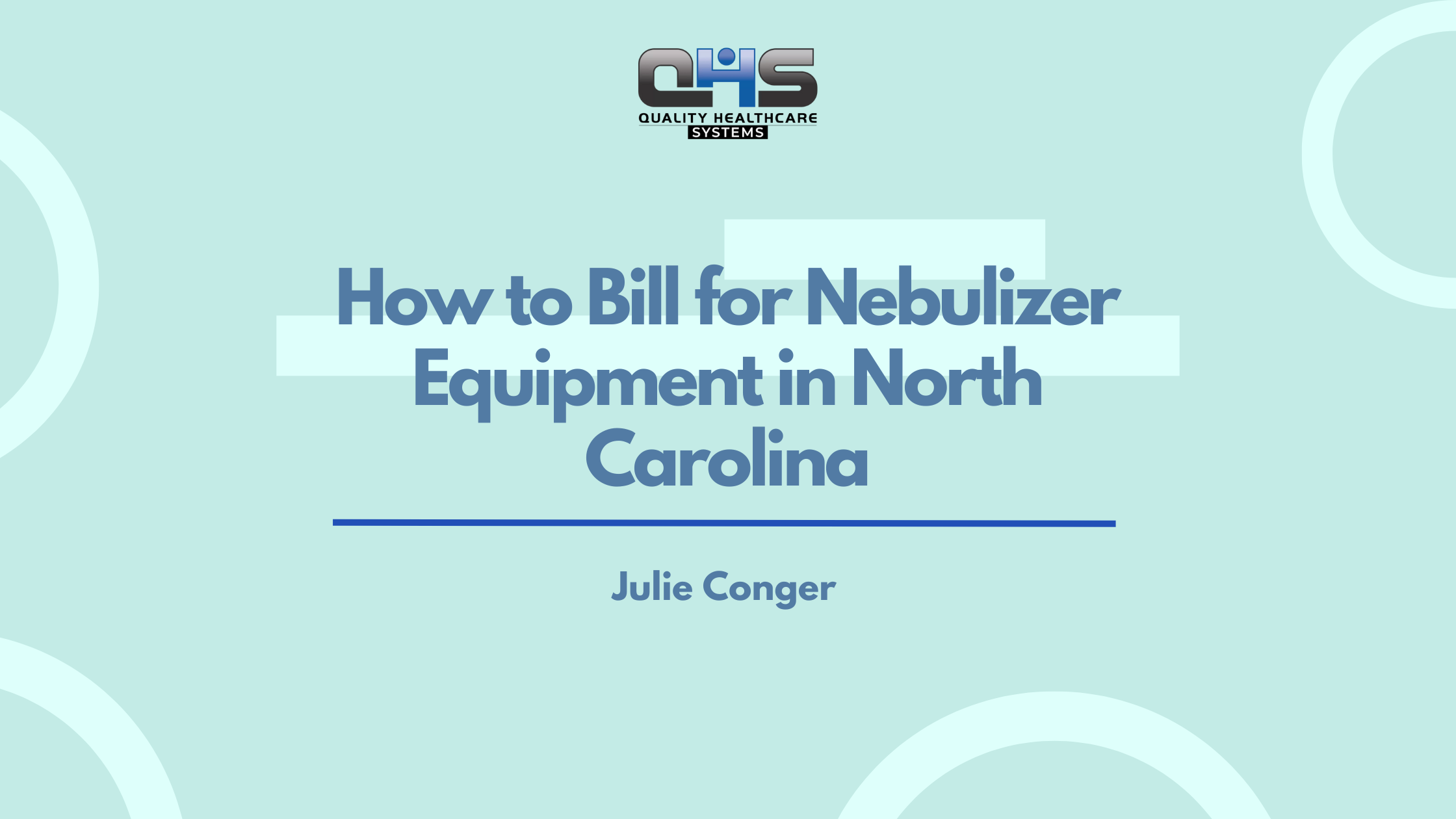Behind every thriving medical, dental, or mental health practice is someone quietly untangling insurance puzzles, chasing down reimbursements, and ensuring payments don’t fall through the cracks. It’s not the doctor, the therapist, or the front desk—it’s the revenue cycle specialist.
While providers focus on patient care, an entirely different battle is being fought behind the scenes: one against claim denials, rejected authorizations, and billing bottlenecks. And in today’s high-stakes healthcare economy, that battle determines whether your practice grows—or struggles. If your revenue cycle isn’t running smoothly, your practice isn’t either. That’s why having a Revenue Cycle specialist dedicated to mastering it isn’t optional—it’s essential.
What Is a Revenue Cycle Specialist?
A revenue cycle specialist is a healthcare finance professional who handles billing and reimbursement workflows, ensuring accurate claims processing and improving a provider’s revenue stream.
In simpler terms, a Revenue Cycle Specialist ensures that every step between patient intake and final payment is executed smoothly. They’re trained in medical billing, coding, claims adjudication, and insurance follow-up, making them essential for navigating complex healthcare billing systems.
Their role combines administrative accuracy with financial acumen to minimize claim denials, speed up revenue collection, and reduce billing errors. They often work closely with medical billing software, EHR systems, and payer portals.
What Does a Revenue Cycle Specialist Do in a Medical Practice?
Revenue cycle specialist manages the entire billing process, from patient registration to final payment. Responsibilities include coding claims, verifying insurance, resolving denials, and posting payments. Their role ensures accurate reimbursements, timely payments, and compliance with healthcare regulations, directly impacting the financial health of a medical practice.
How Can a Revenue Cycle Specialist Improve Cash Flow?
Revenue cycle specialist improves cash flow by reducing claim denials, accelerating reimbursement timelines, and ensuring accurate billing. Through efficient insurance verification and prompt follow-ups, they minimize payment delays. Their proactive approach in claims management and payer communication directly increases revenue and reduces accounts receivable days for medical practices.
What Skills Should a Revenue Cycle Specialist Have?
Revenue cycle specialist must possess skills in medical coding, billing software, insurance guidelines, and regulatory compliance. Key competencies include attention to detail, problem-solving, communication, and data analysis. These skills help prevent billing errors, reduce claim denials, and ensure efficient payment processing within healthcare financial systems.
Why Is Hiring a Revenue Cycle Specialist Important for Small Practices?
Revenue cycle specialist is essential for small practices to maintain healthy cash flow and manage complex billing tasks. Their expertise in claims processing, denial resolution, and payer communication helps prevent revenue loss. Hiring one reduces administrative burdens and enhances operational efficiency without the need for large billing teams.
Important Revenue Cycle Specialist Skills
The most important skills for a revenue cycle specialist include medical billing knowledge, attention to detail, insurance verification expertise, coding proficiency, and strong communication.
Here are the top competencies every effective revenue cycle specialist should possess:
-
Medical Billing and Coding – Understanding CPT, ICD-10, and HCPCS codes is essential for accurate claims.
-
Insurance Knowledge – Must be well-versed in payer requirements, policy terms, and denial reasons.
-
Attention to Detail – Errors in patient demographics or coding can lead to rejections and payment delays.
-
Problem-Solving – Ability to resolve denied claims and handle complex billing scenarios.
-
Communication Skills – Works with providers, patients, and payers; clarity and empathy are crucial.
-
Tech Proficiency – Skilled in using practice management systems (e.g., Kareo, AdvancedMD, eClinicalWorks).
These skills ensure that the RCM process is streamlined, reducing days in accounts receivable (AR) and maximizing revenue.
What Certifications Should a Revenue Cycle Specialist Hold?
Revenue cycle specialist should hold certifications such as Certified Professional Biller (CPB), Certified Revenue Cycle Specialist (CRCS), or Certified Medical Reimbursement Specialist (CMRS). These credentials validate knowledge in billing, coding, and compliance, making certified specialists more effective at managing the full revenue cycle process for healthcare providers.
How Does a Revenue Cycle Specialist Handle Claim Denials?
Revenue cycle specialist addresses claim denials by identifying root causes, correcting errors, and resubmitting claims promptly. They analyze denial codes, follow up with payers, and implement preventive measures to avoid recurring issues. This ensures faster reimbursements and minimizes lost revenue for healthcare providers.
What Tools and Software Does a Revenue Cycle Specialist Use?
Revenue cycle specialist uses tools such as electronic health records (EHR), practice management systems, and billing platforms like Kareo, AdvancedMD, or eClinicalWorks. These systems help streamline claim submissions, track payment status, manage denials, and ensure HIPAA-compliant documentation across the healthcare revenue cycle.
How Can a Revenue Cycle Specialist Help with Insurance Verification?
Revenue cycle specialist ensures insurance verification by confirming patient coverage, eligibility, and benefits before services are rendered. This reduces the risk of denials, increases claim accuracy, and informs patients of their financial responsibilities upfront, streamlining billing operations and improving revenue reliability for healthcare providers.
Related Posts:
- Medical Billing for Artificial Limbs
- Medical Billing for Orthopedic Support
- Medical Billing for Hemipelvectomy Prosthetic
- Medical Billing for Spinal Orthoses
- Prosthetic Billing for Lower Limbs
What’s the Difference Between a Medical Biller and a Revenue Cycle Specialist?
Revenue cycle specialist oversees the entire billing lifecycle, including claims, payments, and denials, while medical biller focuses on claim submission and payment posting. Specialists handle broader financial responsibilities, interact with payers, and implement revenue strategies, making their role more comprehensive within healthcare financial operations.
What To Look For In a Revenue Cycle Specialist
When hiring a revenue cycle specialist, look for proven experience in medical billing, strong analytical skills, knowledge of payer policies, and the ability to reduce claim denials and improve cash flow.
Here’s a quick checklist of key qualities and credentials:
-
✅ Experience with full-cycle medical billing
-
✅ Certification in medical billing and coding (e.g., CMRS, CPC, CPB)
-
✅ Track record of reducing AR days or denial rates
-
✅ Proficiency with EHR and billing software
-
✅ Understanding of compliance (HIPAA, CMS guidelines)
-
✅ Excellent follow-up and resolution skills
How to Hire the Right Revenue Cycle Specialist for Your Practice?
Hiring the right revenue cycle specialist involves evaluating experience in full-cycle billing, certifications like CPB or CRCS, software proficiency, and a proven track record of reducing denials. Prioritize candidates with strong analytical skills, payer knowledge, and the ability to streamline billing workflows for improved revenue outcomes.
- Also Read: Best Denial Management Companies in USA
The Benefits of a Revenue Cycle Specialist for Small Practices
A revenue cycle specialist helps small practices boost revenue, reduce claim denials, and streamline billing workflows—leading to healthier cash flow and fewer administrative burdens.
Small practices often struggle with limited administrative support and complex insurance processes. Here’s how a skilled revenue cycle specialist can make a big impact:
-
💡 Improved Claim Accuracy – Reduces denials by submitting clean claims the first time.
-
📉 Faster Payments – Speeds up revenue through timely follow-ups and payment posting.
-
💬 Better Patient Communication – Enhances the patient experience by explaining balances and payment options.
-
🔒 Regulatory Compliance – Ensures adherence to HIPAA, coding, and payer rules.
-
📊 Financial Insights – Provides reports that help owners make informed decisions about billing and collections.
| ICD code for ankle fracture |
| ICD code for Hip Fracture |
| ICD-10 Code For L2 Compression Fracture |
| ICD-10 Code For Right Wrist Pain |






